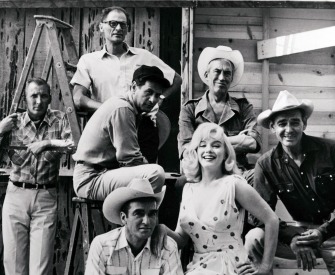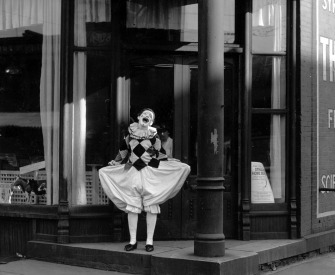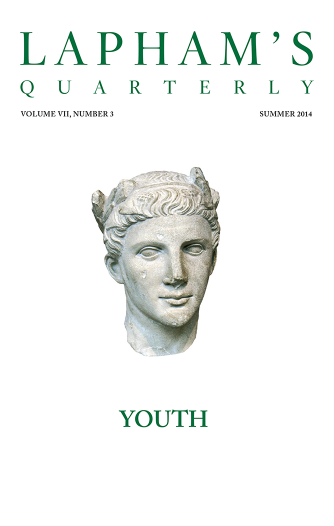Dear Friend,
I’m none of those who think themselves inspired,
Nor write with the vain hopes to be admired,
But from a rule I have upon long trial:
T’ avoid with care all sort of self-denial.
Which way soe’er desire and fancy lead,
Condemning fame, that path I boldly tread.
And if, exposing what I take for wit,
To my dear self a pleasure I beget,
No matter though the censuring critic fret.
Those whom my muse displeases are at strife
With equal spleen against my course of life,
The least delight of which I’d not forgo
For all the flattering praise man can bestow.
If I designed to please, the way were then
To mend my manners rather than my pen.
The first’s unnatural, therefore unfit,
And for the second, I despair of it,
Since grace is not so hard to get as wit.
Perhaps ill verses ought to be conned
In mere good breeding, like unsavory wind.
Were reading forced, I should be apt to think
Men might no more write scurvily than stink.
But ’tis your choice whether you’ll read or no;
If likewise of your smelling it were so,
I’d fart, just as I write, for my own ease,
Nor should you be concerned unless you please.
I’ll own that you write better than I do,
But I have as much need to write as you.
What though the excrement of my dull brain
Runs in a costive and insipid strain,
Whilst your rich head eases itself of wit:
Must none but civet cats have leave to shit?
In all I write, should sense and wit and rhyme
Fail me at once, yet something so sublime
Shall stamp my poem, that the world may see
It could have been produced by none but me.
And that’s my end, for man can wish no more
Than so to write, as none e’er writ before.
But I, who am of sprightly vigor full,
Look on mankind as envious and dull.
Born to myself, myself I like alone
And must conclude my judgment good, or none.
For should my sense be naught, how could I know
Whether another man’s be good or no?
Thus I resolve of my own poetry
That ’tis the best, and that’s a fame for me.
If then I’m happy, what does it advance
Whether to merit due, or arrogance?
“Oh! But the world will take offense thereby.”
Why then, the world will suffer for ’t, not I.
Did e’er this saucy world and I agree
To let it have its beastly will of me?
Why should my prostituted sense be drawn
To every rule their musty customs spawn?
“But men will censure you.” ’Tis ten to one
Whene’er they censure, they’ll be in the wrong.
There’s not a thing on earth that I can name
So foolish and so false as common fame.
It calls the courtier knave, the plain man rude,
Haughty the grave, and the delightful lewd,
Impertinent the brisk, morose the sad,
Mean the familiar, the reserved one mad.
Poor helpless woman is not favored more:
She’s a sly hypocrite, or public whore.
Then who the devil would give this to be free
From th’ innocent reproach of infamy?
These things considered make me, in despite
Of idle rumor, keep at home and write.
From “An Epistolary Essay from M. G. to O. B. upon Their Mutual Poems.” Inheriting his earldom at the age of ten, Rochester three years later in 1661 was befriended by an older poet who lent him a disguise for late-night debauchery. By 1667 he had become infamous at court for his wit and excesses. Rochester underwent a religious conversion in 1680, later demanding that his “lewd writings” be incinerated.
Back to Issue





